Chinese consumers shop at a supermarket in Beijing on April 16 amid escalating trade tensions with the US - Photo: AFP
On April 21, China accused the United States of abusing tariffs and warned countries not to sign a broader economic deal with Washington that would disadvantage it.
China's Commerce Ministry said Beijing would firmly oppose any party signing a deal that is detrimental to China and "will take resolute and reciprocal countermeasures".
"The United States has abused tariffs on all trading partners under the name of so-called 'equivalence', and forced all parties to start negotiating so-called 'reciprocal tariffs' with them," Reuters news agency quoted a ministry spokesman as saying.
The statement came after Bloomberg News reported that the Trump administration is preparing to pressure countries negotiating tariffs with the United States to restrict trade with China, including imposing currency sanctions.
Earlier this month, U.S. Trade Representative Jamieson Greer said nearly 50 countries had approached him to discuss tariffs. Concessions have been made in the negotiations, with Japan considering increasing imports of U.S. soybeans and rice, and Indonesia increasing its imports of U.S. food and goods and reducing orders from other countries.
Trump had previously suspended comprehensive tariffs on dozens of partners since early April, with the exception of China, the world’s second-largest economy, which was hit with the highest tariffs of 145%. Tensions escalated further when Beijing imposed retaliatory tariffs of 125% on US goods.
Beijing will also convene an informal meeting of the United Nations Security Council this week to accuse Washington of bullying and “casting a shadow over global efforts for peace and development” by weaponizing tariffs.
The trade war between the two giants has left many countries in a dilemma.
“The reality is that no one wants to choose sides. If countries are heavily dependent on China for investment, industrial infrastructure, technological know-how and consumption, I don’t think they will accept the US demands. Many Southeast Asian countries fall into this category,” said Bo Zhengyuan, a partner at China-based policy consultancy Plenum.
Read moreBack to Topic Page
Back to topic
TRAN PHUONG
Source: https://tuoitre.vn/trung-quoc-canh-bao-cac-nuoc-khong-voi-thoa-thuan-voi-my-20250421122955159.htm


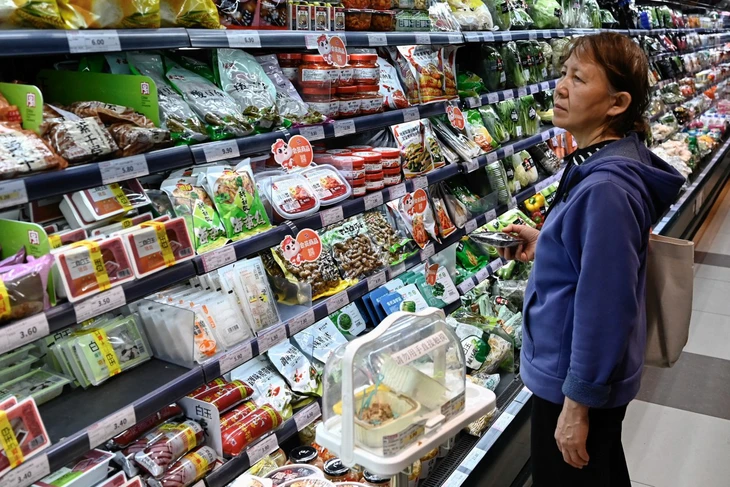
![[Photo] General Secretary To Lam concludes visit to Russia, departs for Belarus](https://vphoto.vietnam.vn/thumb/1200x675/vietnam/resource/IMAGE/2025/5/11/0acf1081a95e4b1d9886c67fdafd95ed)


![[Photo] General Secretary To Lam arrives in Minsk, begins state visit to Belarus](https://vphoto.vietnam.vn/thumb/1200x675/vietnam/resource/IMAGE/2025/5/11/76602f587468437f8b5b7104495f444d)

![[Photo] General Secretary To Lam meets and expresses gratitude to Vietnam's Belarusian friends](https://vphoto.vietnam.vn/thumb/1200x675/vietnam/resource/IMAGE/2025/5/11/c515ee2054c54a87aa8a7cb520f2fa6e)
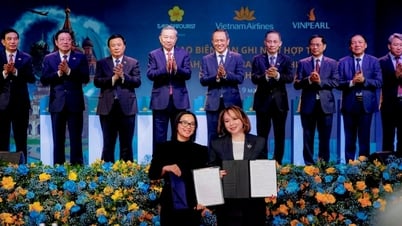
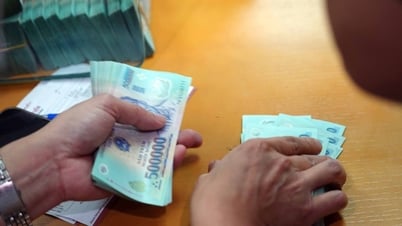


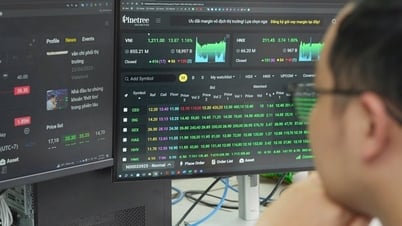












![[Photo] National Assembly Chairman Tran Thanh Man attends the Party Congress of the Committee for Culture and Social Affairs](https://vphoto.vietnam.vn/thumb/1200x675/vietnam/resource/IMAGE/2025/5/11/f5ed02beb9404bca998a08b34ef255a6)











































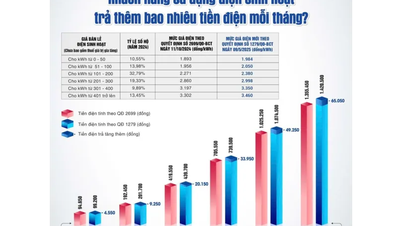
















Comment (0)